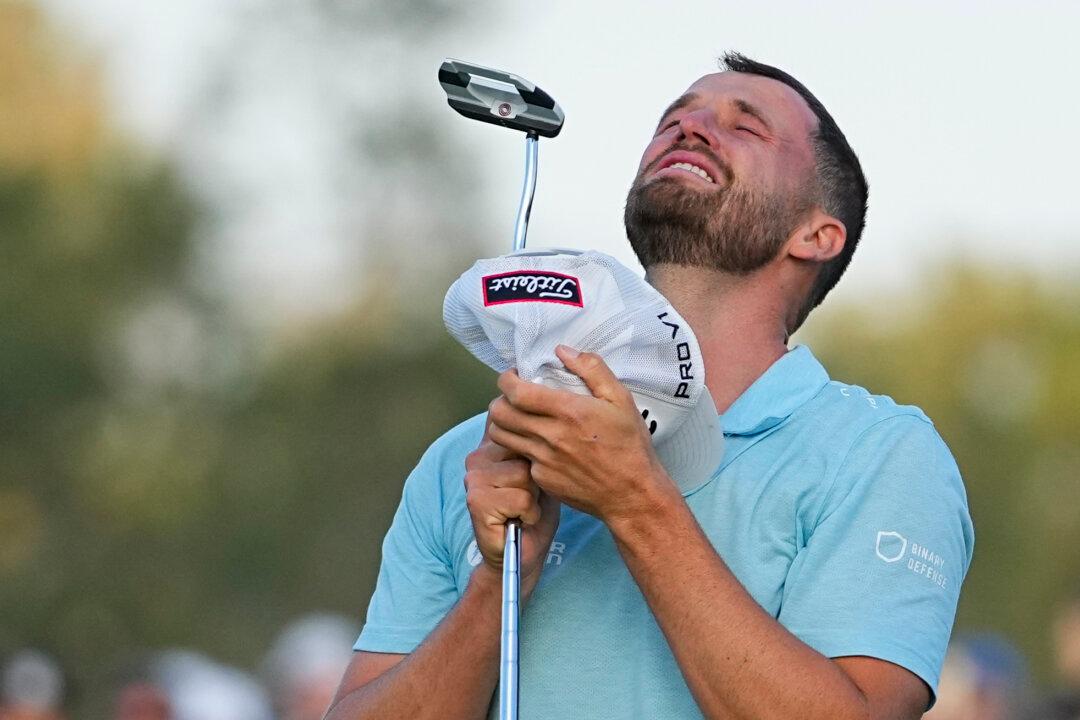LOS ANGELES— The U.S. Open wrapped up, as it always does, on Father’s Day. Golf’s newest champion would be the first to tell people he’s always been a mama’s boy.
Wyndham Clark’s victory Sunday will be remembered for how a 29-year-old newcomer to the big time held off some of the biggest names in the game to stamp a poignant exclamation mark on a U.S. Open that had been, to that point, kind of hard to love.





